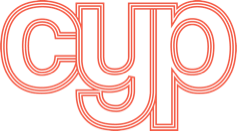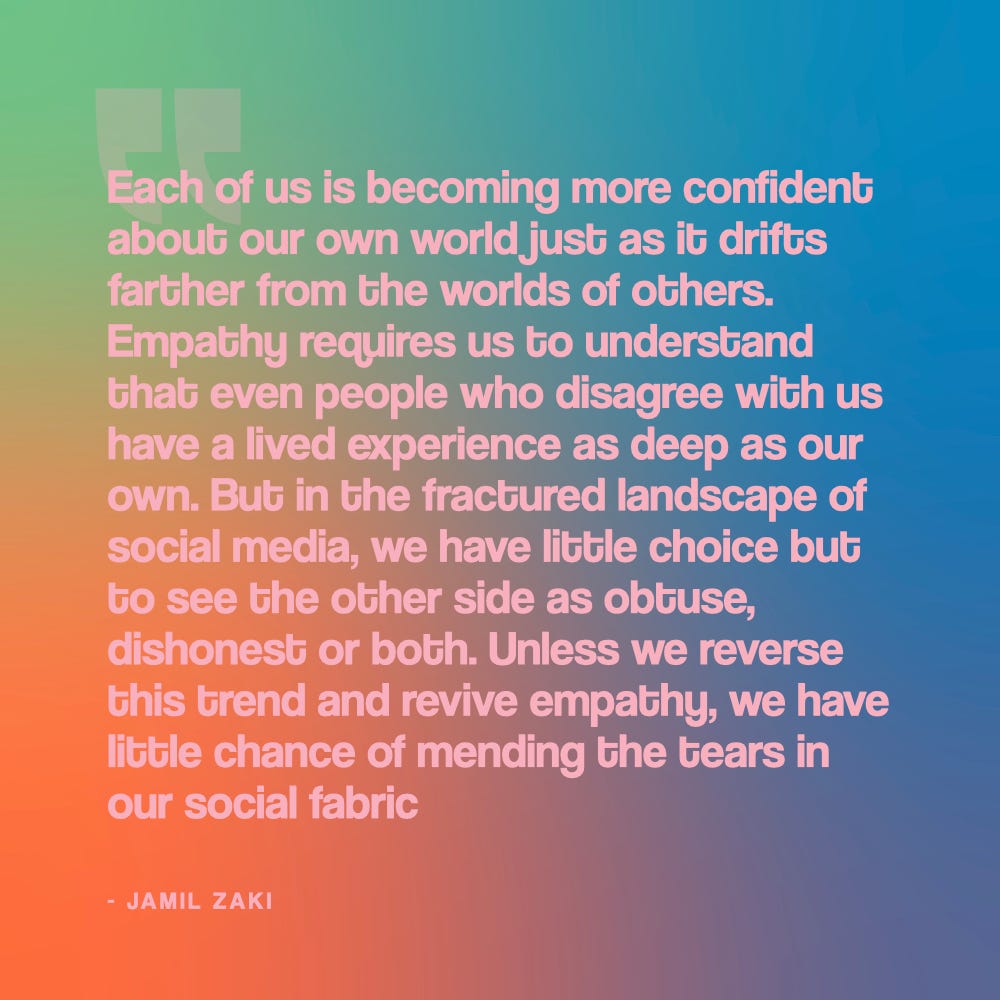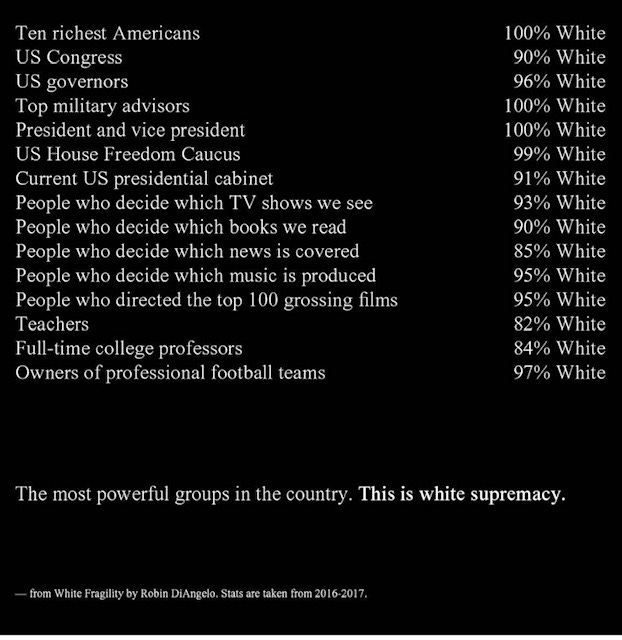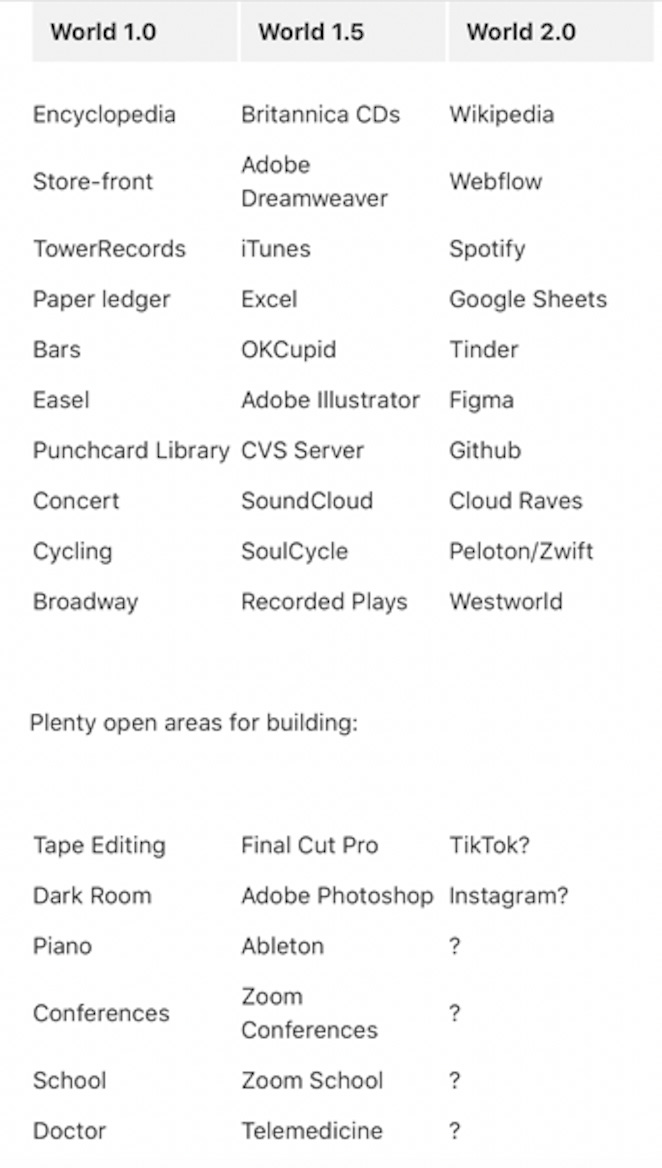 |
Hi, I’m Sari Azout and this is the the 46th edition of Check your Pulse, a tech and startups newsletter designed to make you feel human. I try to make this one of the best emails you get each week. If you’ve been sent this email and you’re not a subscriber, you can join by clicking on the big red button below.
Hi, friends.
For most of last week, I kept asking myself, what else is there to be said? What do I, as someone who has not finished unlearning white supremacy, have to say about racial injustice?
It’s a difficult time to be sharing anything. Most of the company statements I read this week, while presumably well intentioned, strike as performative activism. As an online critic put it, you can replace most of them with: “We at [Brand] are committed to fighting injustice by posting images to Twitter that express our commitment to fighting injustice.”
Understandably, many question whether companies will put in the work when the hashtags are no longer trending.
Earlier this week, Scot Galloway wrote:
It feels as if a key component of this dialogue is missing — civil debate. Simply put, it feels as though if you don’t subscribe to the entirety of a predetermined orthodoxy, you are risking your career and reputation. Either you’re a liberal and there is horrible racism infecting every area of life for people of color, and white people should be ashamed. Or you’re a conservative and people of color should shut up and deal, as a lot has been done already. If you question a line from the party handbook, you are shut down and subject to cancellation.
I revisited a podcast episode with Jonathan Haidt on The Knowledge Project, which feels especially relevant. Things that stuck:
People are on the lookout for things others say that they can criticize. Social media incentivizes people to find errors in the speech of others (even if it’s a single word) and take what they say out of context.
There’s a world of difference speaking in a group where you trust each other vs. speaking in a group where people could report you at any time to the authorities or shame you on social media.
If you have people who won’t give each other the benefit of the doubt, but take language in the worst possible way and assume the worst about each other, it’s very difficult to run an organization.
We’re all teaching, living, and thinking in a minefield.
The trifecta of a global pandemic, millions of people without jobs and protests across cities all being broadcasted on social media — where conversations quickly descend to Us vs. Them — should convince all of us of the need for a new empathy.
For tech, it also seems like an important time to revisit one of Silicon Valley’s mantras: solve your own problems.
The organizations we build reflect the values, priorities, and lived experiences of the people who build them. White Indie millennial founders living in Brooklyn want productivity apps, tools for thought, adaptogenic mushrooms, and primary care centers with hip interiors and catchy branding.
Most startups rethinking primary care, like Parsley Health, monetize on consumer subscription models and overlook Medicaid, which spends $530 billion a year. Telemedicine for non-english speakers is overlooked. Nursing as an industry is overlooked, despite the desperate shortage of talent. Graduating people from gig work to professional work is overlooked. Vocational schooling is overlooked.
Why? Because you need to have some form of personal experience that enables you to relate to the pain points experienced by these populations.
Spend a few minutes going through this privilege checklist and you’ll get the point.
What founders do is a function of who they are, not the other way around.
By not promoting diverse founders, we are depriving our systems of leveraging technology to solve real problems. The kind that threaten the viability of our species. Hunger. Income inequality. Access to healthcare. Mindset inequality. Poverty. Linguistic privilege. Illiteracy. Climate change. Bigotry and discrimination.
These aren’t little problems that can be solved by giving a Black founder a 10k grant to start a D2C candle brand. These are the kinds of problems you can only really understand if you’ve been screwed by the system, and the kind that you can only really solve if you believe Black founders can return the fund.
By all means, our inability to hire and wire Black founders and talent is a matter of social justice. But we need to do this not only because it’s right, but because not doing so would constitute epic business and market failure.
🙏🏽
Sari
 |
 |
There are so many profound moments in this talk by Baratunde Thurston on How to deconstruct racism, one headline at a time. (15mins) “We can change this, because we can change the action, which changes the story, which changes the system that allows those stories to happen.” 📰
Jowanza, a software engineer living in Salt Lake City, shares how racism has shaped his habits. You may read each of these encounters and think "this isn't so bad" in isolation, but a lifetime of small injustices is a massive boulder to carry. I shared a tiny sampling of racism I've faced in life, and all the wholesome experiences I've had don't change that truth. Having a successful career hasn't changed it, having two college degrees hasn't changed it, and embedding in my majority White community hasn't changed it. I still have a mortal fear of being pulled over. I don't wear a hat for an evening stroll through my neighborhood. I make sure you know we have more in common than you think. That's how racism has shaped my life, and I know that's true for many others. 👀
Woke cancel culture is not activism. 💭
Snap CEO Evan Spiegel's memo to employees on racial injustice is one of the most thoughtful statements I've seen from a business leader. 👏🏽
So much goodness in this directory of Black owned design businesses 💯
An interview with the author of White Fragility. This passage is one I need to sit with: “Most white people believe that a racist is: one, an individual, two, one who holds conscious and aware dislike of people based on race, and three, intentionally seeks to be mean to them. Individual, conscious, intentional. And by that definition, virtually all white people are exempt from racism. We do not understand that this is a system that is infused across all institutions, traditions, politics, practices, language, norms. It is the system we are all in and none of us could be exempt from its forces.” 🏢
A good thread on statistical and data-driven solutions to stop police brutality. 🚨
A super handy list of psychological biases that affect your UX 🧠
A collection of tools for better thinking . 💯
This 👇🏾
 |
 |
Patrick O’Shaughnessy interviewed Jeremy Grantham on Invest like the Best. Two big ideas: 1) The number of people employed in new enterprises in America that are one or two years old has halved since the late 1970s. 2) The degree of monopoly, particularly in the US has climbed, and so has the degree of corporate influence on government and regulation. Consequently, the returns have been above average for much longer than would have been feasible in the old days. 📈
Productivity apps are no longer utilities, they’re pop culture.🔮
Indie.VC on why Black businesses have been starved of the oxygen they need to survive. Even when they’re approved, Black and Hispanic-owned businesses found they’ve been required to produce more documentation, received less information about fees, and experienced less friendly service when working with a small business lender. This has led to a higher level of discouragement in seeking loans or being able to build productive financial relationships with lenders. If capital is the oxygen of business, then Black business owners can’t breathe. We’ve systematically starved them of the oxygen they need to survive, to create, and to leave their legacy on the technology industry at large. 💲
Interesting framing of startup opportunities. Takeaway: the social product always wins. 👇🏾
 |
 |
 |
If you’re wondering who’s behind this newsletter:
My name is Sari Azout. I am a design-thinker, strategist, and early stage startup investor at Level Ventures and Rokk3r. My mission is to bring more humanity and creativity to technology and business.
Want more?
Follow me on Twitter, Medium, and Instagram.
Know a founder i should meet?
Drop me a note at sari@level.vc
If you're enjoying this newsletter, I'd love it if you shared it with a friend or two. You can send them here to sign up.
And if you come across anything interesting this week, send it my way! I love finding new things to read through members of this newsletter.
Thanks for being here!

